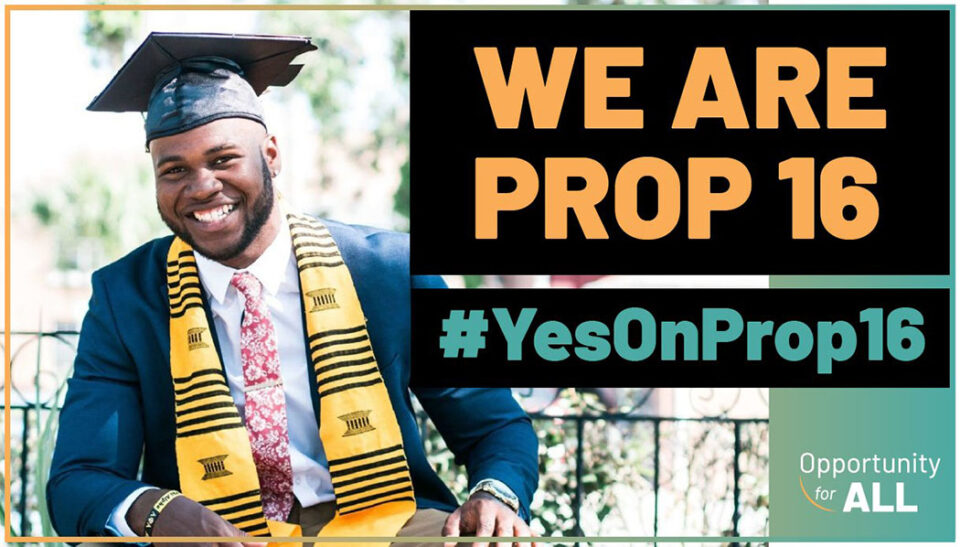September 2020 Advocate: Critical propositions on the November ballot
NOVEMBER ELECTION
Critical propositions on the November ballot
By Jesse Raskin, Skyline, Paralegal Studies, Academic Senate Vice President
Have you ever looked at the ballot and thought, “What are we even talking about here?” I have. But today is not one of those occasions. From the presidential race to local elections, issues of consequence abound on the November ballot, including measures to increase public school funding, expand the right to vote, enhance protections for gig workers, and restore affirmative action. And, as we learned in 2016, elections have consequences. Here is a quick rundown of California ballot measures that are important and could have a significant impact on our schools, families, and communities. You don’t have to take my word on it. Follow this link to voting suggestions from the California Federation of Teachers.
YES on Proposition 15
A yes vote would reclaim $12 billion to invest in schools and vital services for our local communities.

YES on Proposition 16
A yes vote would reverse the ban on affirmative action so California can design programs that provide good jobs, better wages, and access to great schools for all.

YES on Proposition 17
A yes vote would restore voting rights to tens of thousands of people currently on parole who have returned home from incarceration yet are unable to participate in elections.
YES on Proposition 18
A yes vote would expand the right to vote to 17-year-olds who will be 18 at the time of the next general election. The expansion applies to primary elections and special elections.
NO on Proposition 20
A no vote would prevent California from enacting certain “tough on crime” policies that contribute to mass incarceration.
NO on Proposition 22!
A no vote would require app-based companies to provide basic protections to their workers such as paid sick leave, workers’ compensation, and unemployment benefits.

YES on Proposition 25
A yes vote would end cash bail in California and replace it with the risk assessment process. While legitimate critiques of risk assessment exist, cash bail is a hideously unfair system.
I hope you will join me in voting this November. But even if all of us educators vote, it may not be enough because these measures need support from thousands of voters. And to vote, people need to register. As educators, we work with voters and potential voters every day. However traditional college-age students are less likely to vote than any other group by age. It is a cruel irony that students are eligible to vote and will live with these election results for longer than most of us, yet we are more likely to vote than they are. Let’s work together to address this disparity in our democracy. Here is how: please consider using a few minutes of class time to ask students to check their registration status at registertovote.ca.gov. And if you can spare a few minutes more, ask students to research and debate an issue. Not only will this directly lead to learning, but it might just improve our collective futures.
If you want to do more, join us on Wednesday, September 30, 2020, for a phone bank happy hour! We’re getting together to call teacher colleagues around the Bay to encourage them to vote for Proposition 15. Please sign up here.
To quote the late great Congressman, John Lewis, “The vote is precious. It is the most powerful non-violent tool we have in a democratic society, and we must use it. And so you must go out all across America and tell young people, and people not so young, tell all of us: Vote. The vote is powerful.”
If you want to talk about any of this, I’m in. Please reach out at raskinj@smccd.edu.
